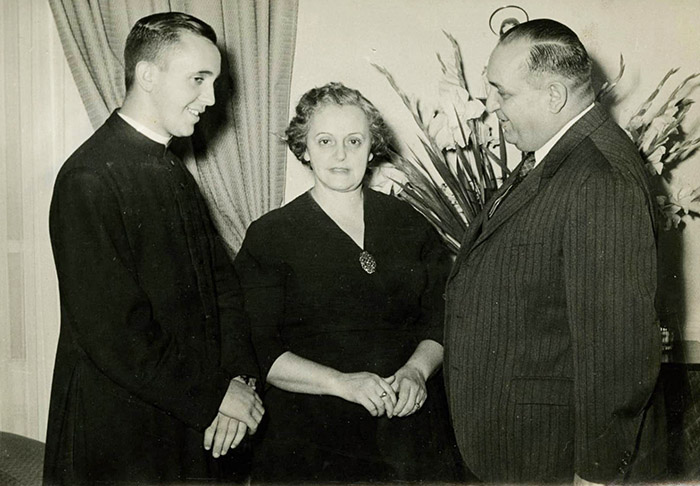Reforming the Roman Curia and the Church
A central goal of Francis’s papacy was reforming the Roman Curia—the central administration of the Catholic Church. He initiated a sweeping process to make the Vatican more transparent and accountable. In 2022, he promulgated Praedicate Evangelium, a major reform of the Curia that allowed laypeople and women to hold leadership positions in Vatican departments.
Francis also tackled the Church’s financial scandals, implementing reforms in the Vatican Bank and promoting greater transparency in Church finances. He appointed a Council of Cardinals to assist in governance and restructure outdated bureaucracies.
His reforms extended to pastoral practice. Francis emphasized mercy over judgment, famously stating in 2013, “Who am I to judge?” in reference to homosexual priests. His 2016 apostolic exhortation Amoris Laetitia opened pathways for divorced and remarried Catholics to receive the sacraments—a controversial yet compassionate shift. Under his leadership, women were made full members of several Vatican dicasteries, although calls for female ordination remained unresolved.
Social Justice and the Global Poor
Pope Francis positioned social justice at the center of his pontificate. He was a consistent voice against what he called the “globalization of indifference.” In his 2015 encyclical Laudato Si’, he linked care for the poor with care for the planet, making environmental justice a spiritual imperative. This encyclical became a landmark Catholic document, widely cited in climate policy debates and praised by secular and religious leaders alike.
He was also a vocal critic of economic inequality and neoliberal policies. Francis condemned trickle-down economics, calling it a false remedy for poverty. His criticisms of consumerism, overdevelopment, and the exploitation of natural resources placed him at odds with capitalist orthodoxy but endeared him to many in the Global South.

